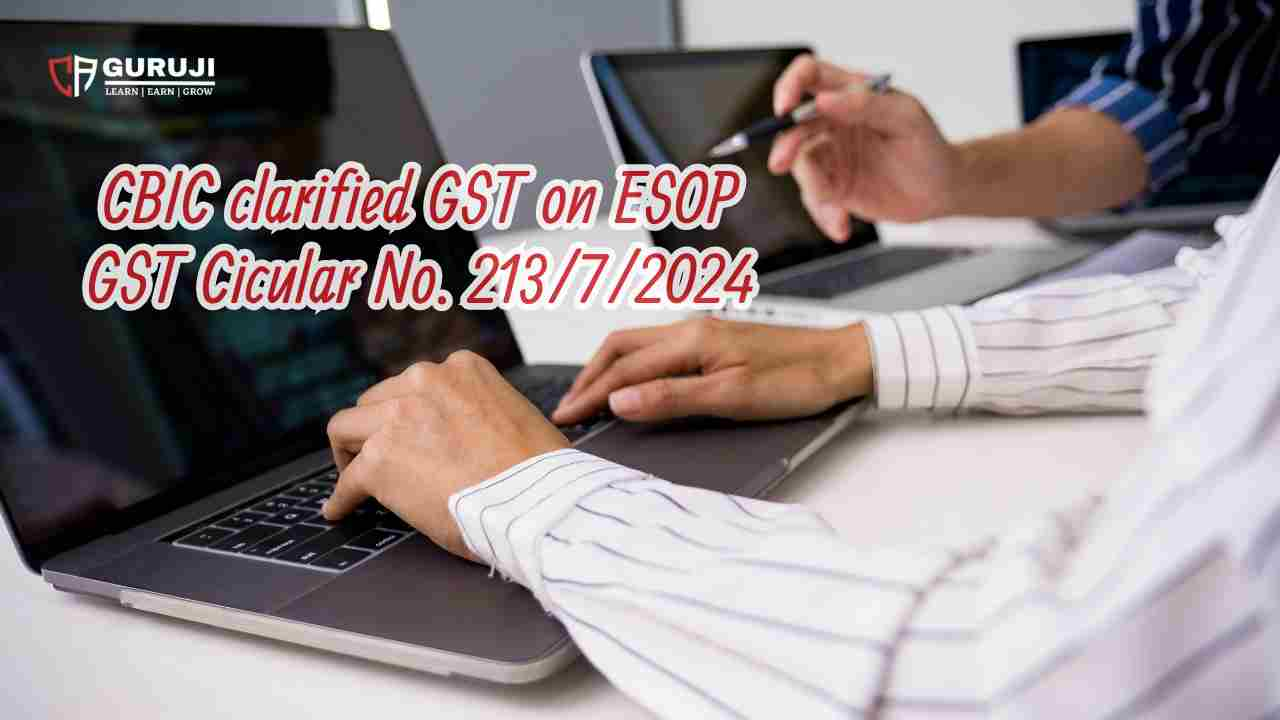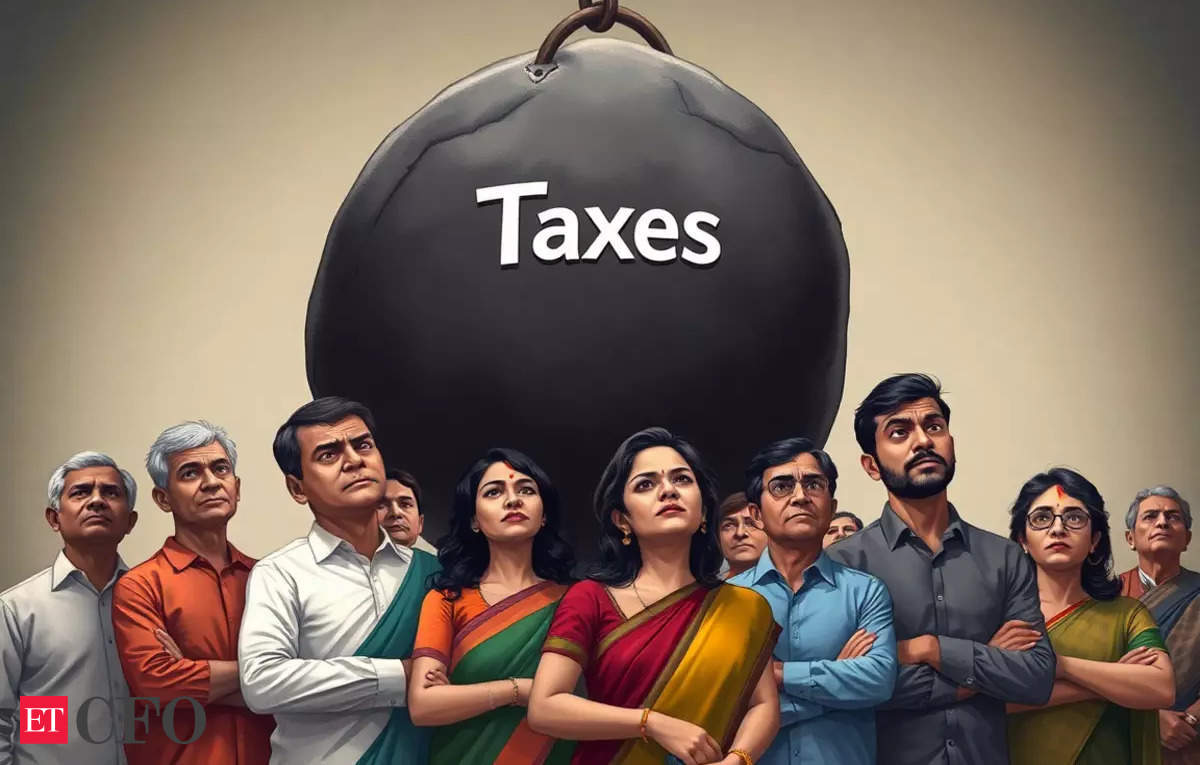On June 26, 2024, the Central Board of Indirect Taxes and Customs (CBIC) issued Circular No. 213/07/2024-GST, providing critical clarifications regarding the taxability of Employee Stock Option Plans (ESOP), Employee Stock Purchase Plans (ESPP), and Restricted Stock Units (RSU) provided by companies to their employees through their overseas holding companies. This article delves into the key points of the circular and its implications for Indian subsidiaries and their employees.
Background
Indian subsidiaries of foreign companies often include ESOPs, ESPPs, and RSUs as part of their employees’ compensation packages. These securities or shares of the foreign holding company are allotted directly to employees of the Indian subsidiary. The cost of such securities is generally reimbursed by the Indian subsidiary to the foreign holding company. This raised questions about the GST applicability on such transactions, specifically whether these could be considered as import of financial services by the Indian subsidiary company from the foreign holding company and be liable to GST on a reverse charge basis.
Key Clarifications
Nature of ESOP/ESPP/RSU Transactions
The circular clarifies that the issuance of ESOPs, ESPPs, or RSUs is a means of incentivizing employees. These transactions involve:
- The domestic subsidiary providing the option/facility of ESOP/ESPP/RSU to its employees as part of the compensation package.
- Employees exercising their stock options, either by purchasing shares at the grant price or holding the options until they vest.
- The foreign holding company issuing ESOP/ESPP/RSU to the employees of the domestic subsidiary.
- The foreign holding company transferring the shares directly to the employees of the domestic subsidiary.
- The domestic subsidiary reimbursing the cost of these shares to the foreign holding company on a cost-to-cost basis, either through actual remittance or equity transfer.
GST Applicability
- Securities as Neither Goods Nor Services:
- Under the GST Law, securities are considered neither goods nor services. As such, transactions involving the purchase or sale of securities/shares do not fall under the supply of goods or services as per the GST Act, and thus, GST is not applicable.
- Employee Compensation:
- ESOP/ESPP/RSU are part of the remuneration paid to employees by the employer as per the terms of employment. According to Entry 1 of Schedule III of the CGST Act, services by an employee to the employer in relation to employment are neither supply of goods nor supply of services. Therefore, GST is not levied on the compensation involving the transfer of securities/shares from the foreign holding company to employees of the domestic subsidiary.
- Reimbursement of Costs:
- When the domestic subsidiary reimburses the foreign holding company for the cost of securities/shares on a cost-to-cost basis without any additional fee, markup, or commission, this reimbursement is not considered an import of services. Consequently, GST is not applicable in such cases.
- Additional Fees, Markups, or Commissions:
- If the foreign holding company charges any additional fee, markup, or commission for issuing ESOP/ESPP/RSU to the employees of the domestic subsidiary, this additional amount is considered as consideration for the supply of services. GST will be applicable on such additional amounts, and the domestic subsidiary must pay GST on a reverse charge basis for these services.
Conclusion
The CBIC’s Circular No. 213/07/2024-GST provides much-needed clarity on the taxability of ESOP/ESPP/RSU transactions. The key takeaway is that the mere transfer of securities/shares from a foreign holding company to employees of a domestic subsidiary, with reimbursement on a cost-to-cost basis, is not subject to GST. However, any additional fees charged over and above the cost of these securities/shares will attract GST, payable by the domestic subsidiary on a reverse charge basis. Companies should issue suitable trade notices to publicize these clarifications and ensure compliance with the outlined provisions.
Visit www.cagurujiclasses.com for practical courses











